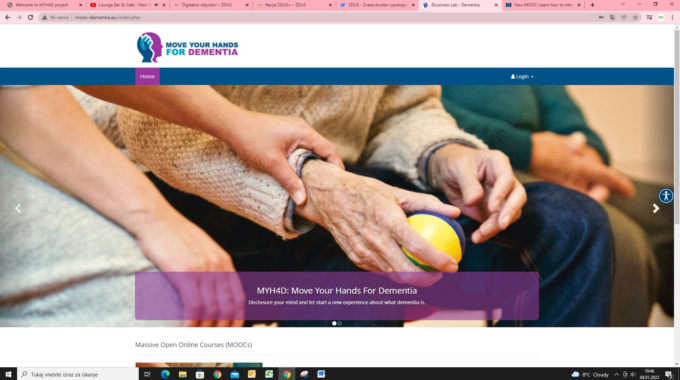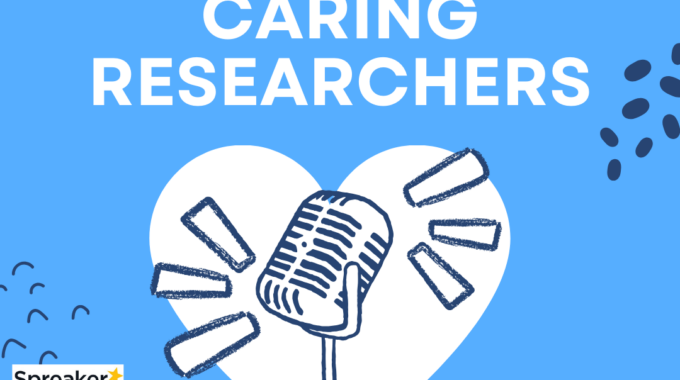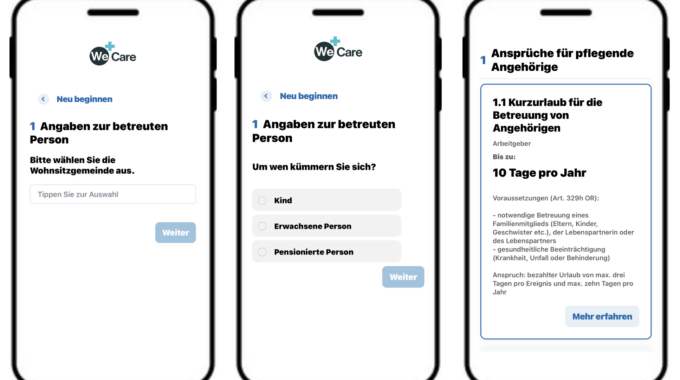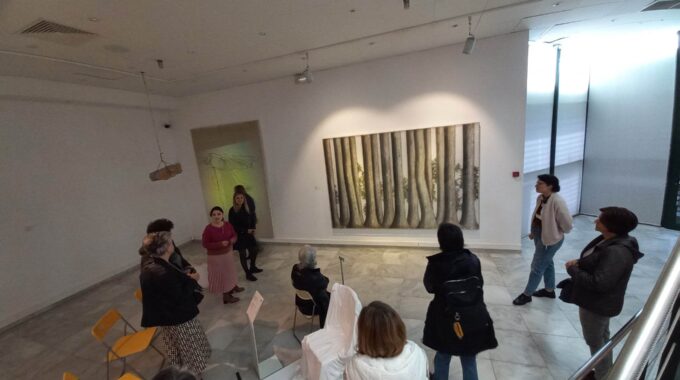
“Be connected” to improve health literacy about dementia
Our colleagues from ZDUS in Slovenia report on their “Be connected” project whose aim is to improve health literacy about dementia:
“I never start my workshop with which are the 10 early signs of dementia, as half of the learners will leave immediately.” Adult educator on teaching about dementia in the community, Slovenia
Are you an adult educator and ever wondered how to improve your skills on teaching about dementia-related issues? Do you want to check what you know about dementia so far?
Than the Be Connected MOOC might be just the right answer for you. It is a practical tool for adult educators who want to improve their own understanding of dementia in order to pass this knowledge to learners in the community – these learners may be volunteers, formal or informal carers, service or shop workers, bus drivers or market vendors.
The Be Connected MOOC seeks to improve health literacy around dementia so that people in the community, and in community and care services can understand more about dementia and their own role in promoting inclusive, enabling and empowering relationships, behaviours and environments.
A person-centred approach relies on knowing the person behind the dementia and tailoring our behaviours, care and environments to the person’s individual needs.
Developing our collective understanding, behaviours, support, care and community environments can improve the lived experience of dementia.
How is the course structured? Which are the topics covered?
The Be connected MOOC is built around an introduction and 4 modules:
- 1: “Put yourself in the shoes” of people with dementia
- 2: Prevention
- 3: Communicating in daily and community life with people with dementia
- 4: Inclusive Community Focused on People Living with Dementia
You can choose the module you’re interested in or you can complete the whole course, namely the four modules. Each module has a methods section intended for adult educator to give you suggestion on activities that you can use to pass the gained knowledge on to your learners.
Here’s a sneak peek at one of the modules to get you started:
Fostering communication with people with dementia in the community
What are the gains for me?
Finishing the MOOC you will test your gained knowledge and then receive a certificate, and most importantly you will have learned that:
- as an adult educator you can help your learners increase knowledge, skills and competences about dementia helping to create inclusive communities which better understand people with dementia and their needs;
- by increasing health literacy about dementia, health professionals can improve prevention, quality of care and make choices more consciously;
- it is essential to develop communicational skills in order to reach a greater inclusion and improve quality of life of people with dementia;
- the understanding we have as community on dementia (our values and the language we use) can impact the relationship we have with the person with dementia and the kinds of support and services we offer.
For more on how to improve the quality of life for people living with dementia and help your community to become an inclusive community focused on dementia, sign up for the free Be connected MOOC now.
Background information
This MOOC was prepared by the project consortium of the Erasmus+ project Move your hands for dementia.
Have your say: send your comments and feedback to: myh4d@aslto3.piemonte.it
The post was contributed on behalf of the MYH4D project by Dijana Lukić, ZDUS (Slovenia)





